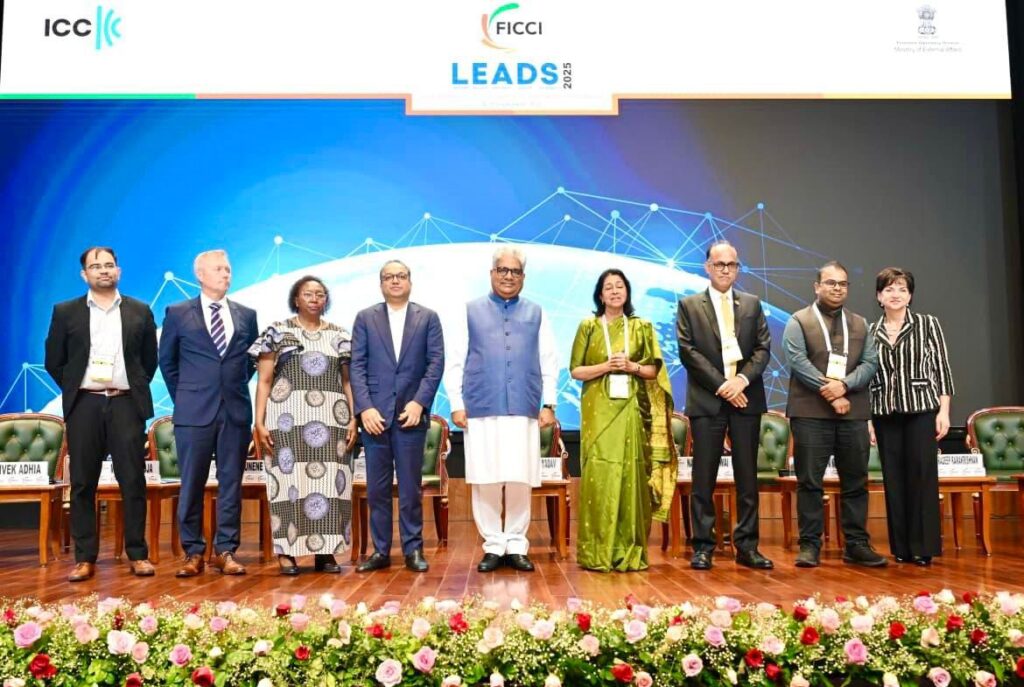NEW DELHI : Speaking at FICCI’s LEADS 2025 conference, Union Minister for Environment, Forest and Climate Change, Mr Bhupender Yadav, emphasised that green finance represents “the backbone of resilient competitive economies” rather than a niche sector, whilst acknowledging the enormous scale of funding required for India’s climate transition.
The minister’s remarks come as global green investment crossed $1.8 trillion in 2023. Yet, emerging economies like India received less than a quarter of this funding, according to FICCI President Harsha Vardhan Agarwal. This financing gap threatens to undermine the climate commitments of developing nations at a critical juncture for global emissions reduction.
“Green finance is about restructuring the flow of capital so that every investment in infrastructure, industry, transport or agriculture contributes to sustainability rather than undermines it,” the minister told the gathering of business leaders and policymakers. “It is about creating economic systems where profitability and progress are aligned with the health of our ecosystems and the well-being of our people.”
India has already demonstrated strong investor confidence through its sovereign green bonds programme, which attracted substantial international investment. However, Minister Yadav stressed that public funding alone cannot meet the challenge. “Fiscal space is tight,” he said. “The role of public budgets and concessional finance is to de-risk, crowd in and set rules that unlock private capital.”
The minister outlined India’s three-pronged approach under Prime Minister Narendra Modi’s leadership: treating climate finance as development finance, positioning early green investors to own tomorrow’s value chains, and acknowledging that developed countries must substantially increase their financial commitments to developing nations.
Central to India’s strategy is the recently revised Green Credit Programme, launched in October 2023. The updated methodology, notified on 29 August 2025, introduces direct participation by private entities and minimum restoration commitments, aimed at mobilising private capital for climate action.
The programme represents part of India’s broader push beyond implementation of Article 6 of the Paris Agreement, which enables international cooperation on carbon markets. “High integrity carbon markets governed by transparent baselines, conservative crediting and clear corresponding adjustments can channel billions into mitigation that would otherwise not be financed,” Yadav explained. The minister averred that finance is the make-or-break issue for climate action. Without it, the 2030 Agenda and the UNFCCC’s Paris Agreement will be pointless. “Article 6 of Paris Agreement is not just about carbon credits, it is about fairness, innovation, and enabling the Global South to access finance & technology for a just transition.”
FICCI President Mr Agarwal noted that Indian companies are already “tapping green bonds to fund solar parks in Rajasthan and building advanced recycling ecosystems in automotive supply chains”, proving that “profitability and sustainability can thrive together.”

